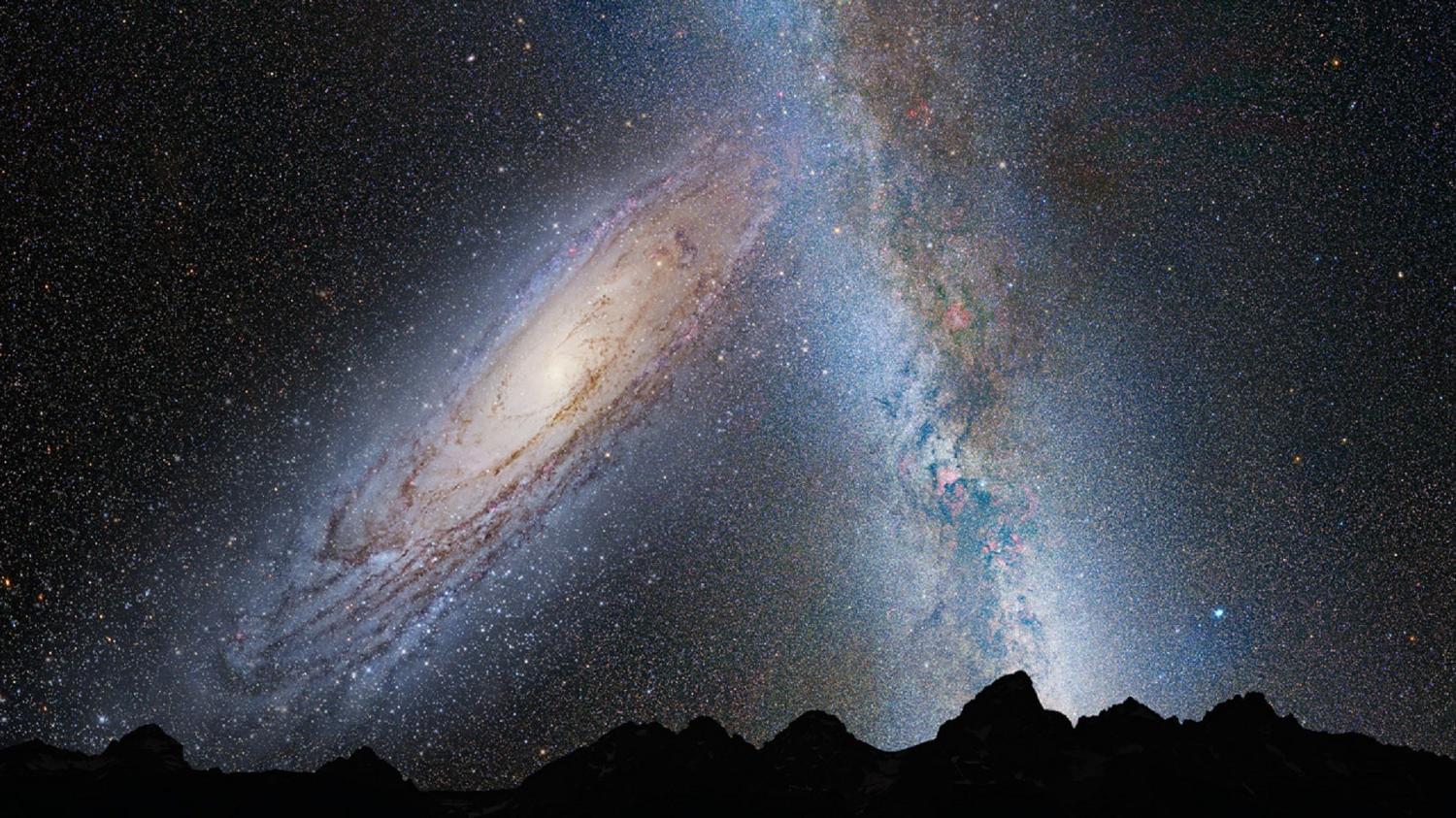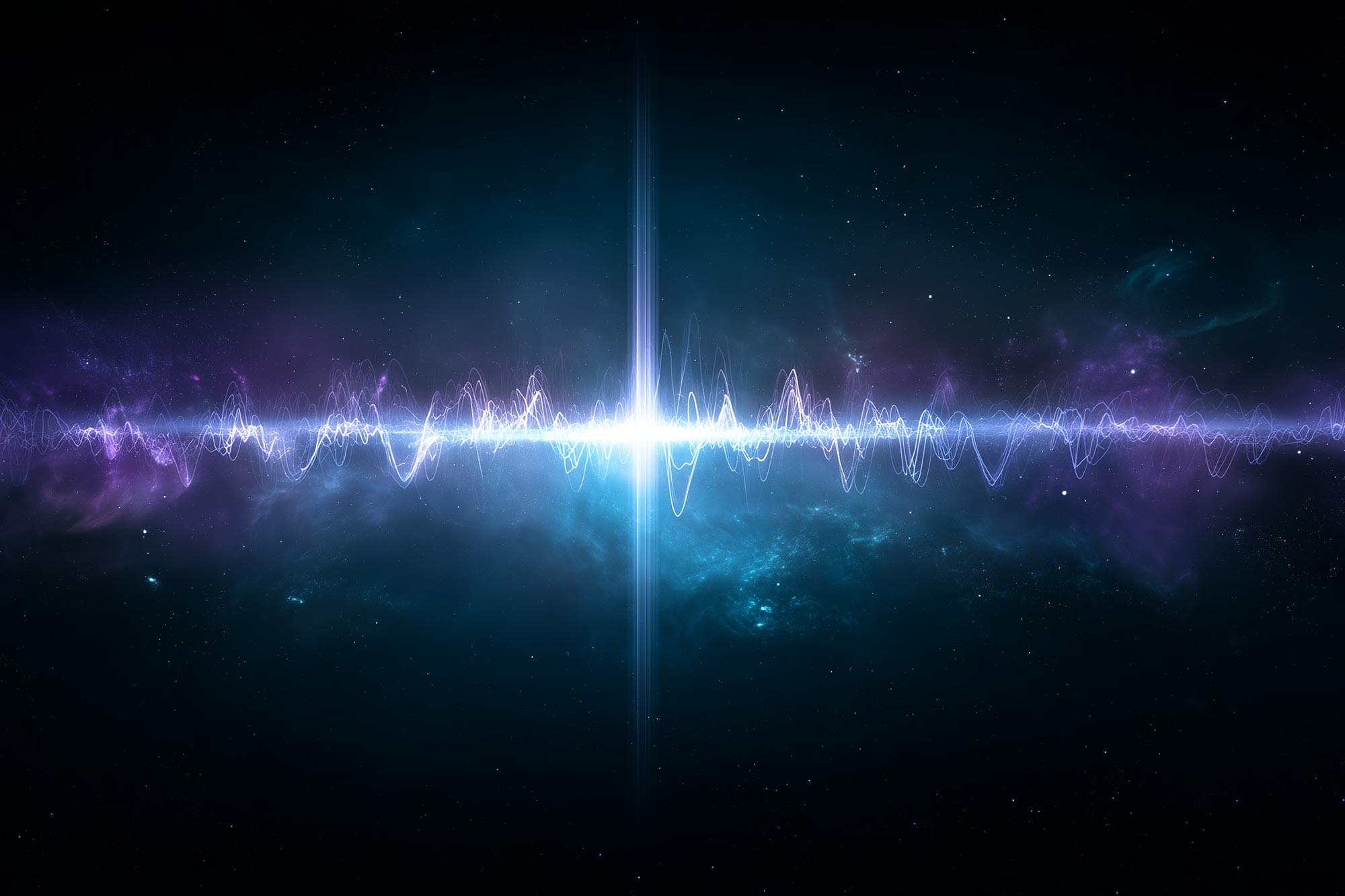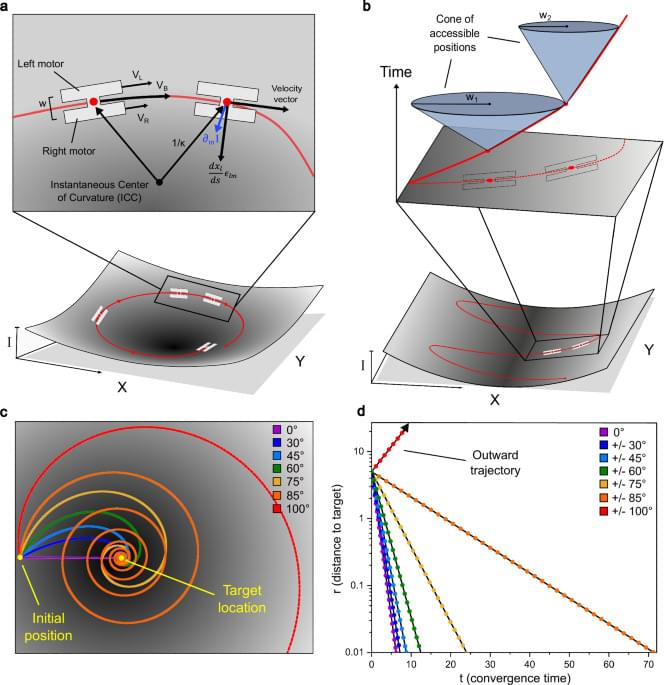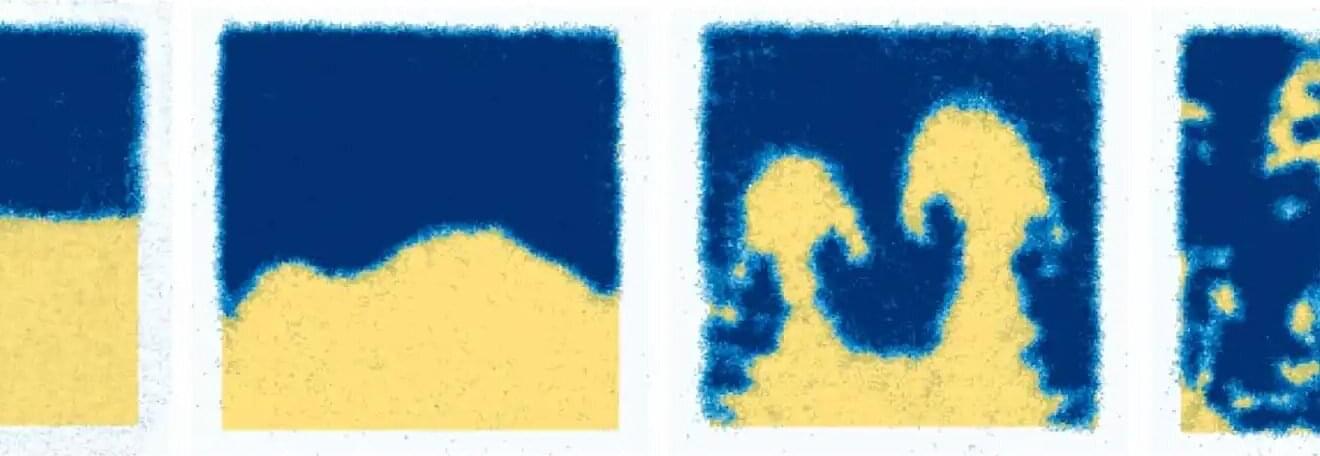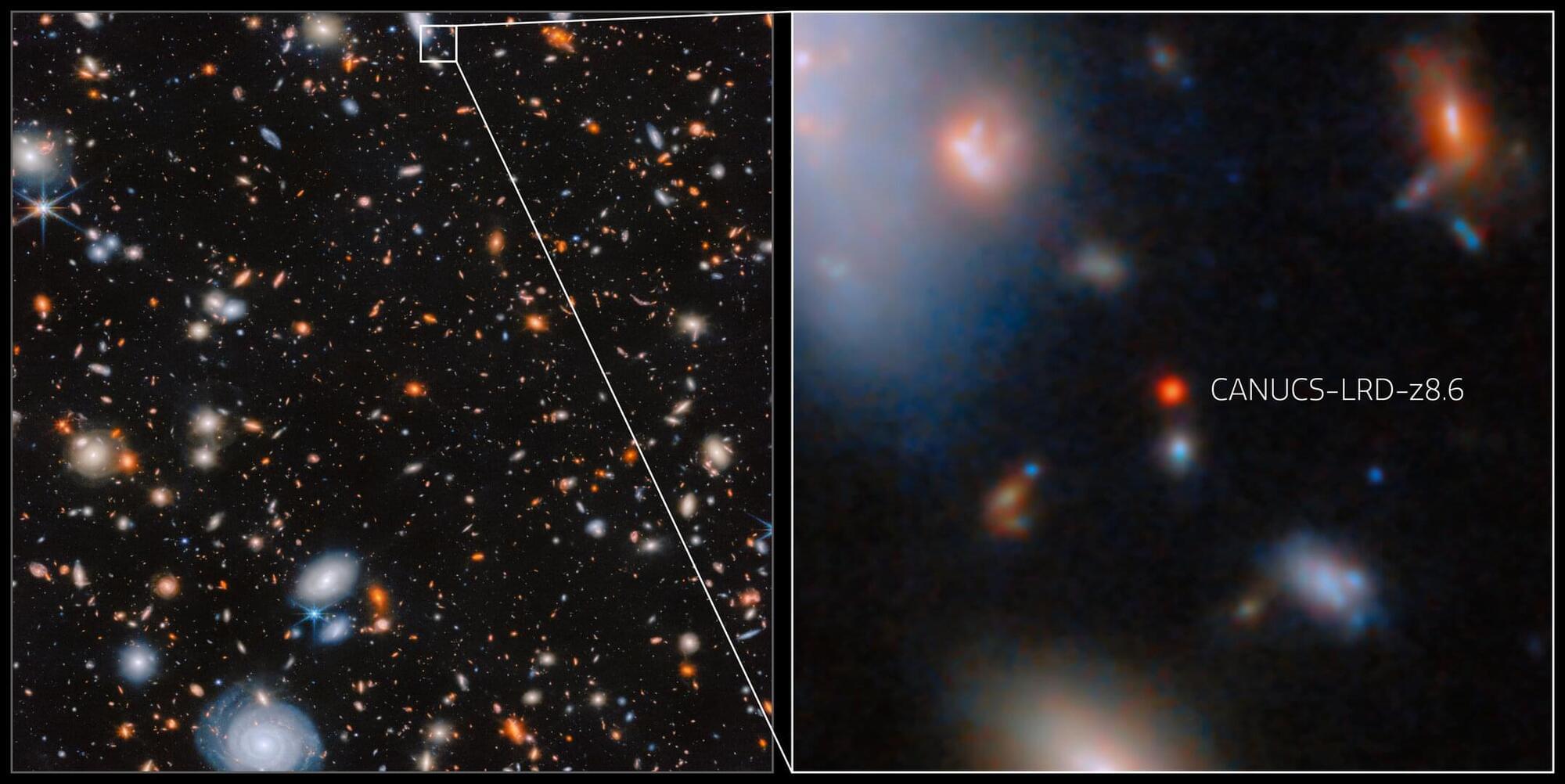Win a meteorite💥! Join my email list: http://briankeating.com/yt.
What is time? Is it just a ticking clock, or is it something more profound?
In this thought-provoking episode of Into the Impossible, Stephen Wolfram challenges everything we know about time, offering a revolutionary computational perspective that could forever change how we understand the universe.
Stephen Wolfram is a computer scientist, physicist, and businessman. He is the founder and CEO of Wolfram Research and the creator of Mathematica, Wolfram Alpha, and Wolfram Language. Over the course of 4 decades, he has pioneered the development & application of computational thinking. He has been responsible for many discoveries, inventions & innovations in science, technology, and business.
He argues that time is the inevitable progress of computation in the universe, where simple rules can lead to complex behaviors. This concept, termed computational irreducibility, implies that time has a rigid structure and that our perception of it is limited by our computational capabilities. Wolfram also explores the relationship between time, space, and gravity, suggesting that dark matter might be a feature of the structure of space.
Tune in to discover the true nature of time.
